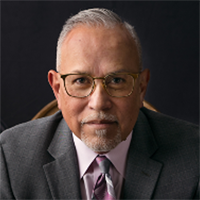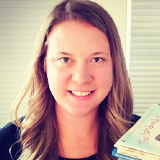What behaviors and interactions do you see in your young students that are particularly concerning? What does that behavior look like? Is it disruptive or explosive?


What behaviors and interactions do you see in your young students that are particularly concerning? What does that behavior look like? Is it disruptive or explosive?

The National Center for Education Statistics (NCES) is the primary statistical agency of the U.S. Department of Education. It is one of 13 governmental agencies whose activities are predominantly focused on collecting and analyzing information for statistical purposes.

For decades, we’ve been trying to improve students’ reading comprehension and writing ability. But we haven’t seen much in terms of results.

Thanks to decades of research, we now have a solid understanding of what happens in the brain when learning to read. Although it may happen at different speeds for different students, this pathway to reading is the same for everyone. This knowledge is powerful because it helps identify places where literacy development is breaking down for students.

“It was the best of times, it was the worst of times,” Charles Dickens. (A Tale of Two Cities, 1859) These century-and-half-old words describe what it is like being an educator today.

One of the biggest shifts in implementing reading science in classrooms today is the use of sound walls. This term is becoming more common, and we are seeing sound walls in general education classrooms across the country.
Add your email here to sign up for EDVIEW 360 blogs, webinars, and podcasts. We'll send you an email when new posts and episodes are published.